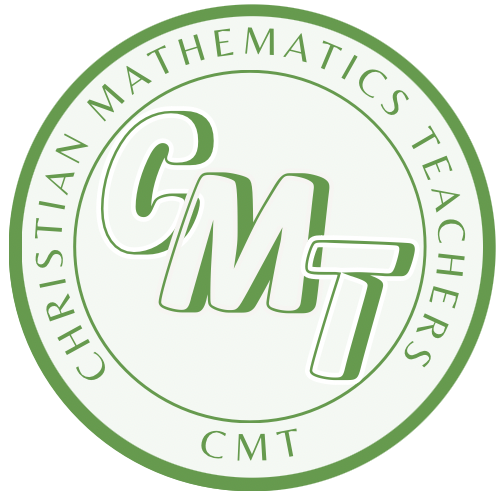Lifelong learning outcomes are aligned with curriculum outcomes to adapt as needed. Refer students back to this throughout the unit to see how their learning fits together.

God’s original intentions were blessing, provision and abundance. All our resources (including money) belong to God: He gives them to us to look after and use wisely.
The fall has corrupted the land and its bounty, leaving many people in poverty and others, wealthy through unjust means. Wealth can be a source of many evils, such as pride, complacency, indifference, idolatry, greed, and anxiety.
God’s abundant provision culminated in Him giving us His free gift of His Son Jesus. The saving work of Jesus teaches us and empowers us to have the correct attitude towards all that we have been given.
As students learn mathematical techniques such as compound interest and develop a financial understanding, it is our prayer that they will learn to make wise choices with their money. We pray that they will rise up with their generation to become a powerful influence in their communities and help establish fair, generous, and just financial systems.
“Let not the wise boast of their wisdom
Jeremiah 9:23-24
or the strong boast of their strength
or the rich boast of their riches,
but let the one who boasts boast about this:
that they have the understanding to know me,
that I am the Lord, who exercises kindness,
justice and righteousness on earth,
for in these I delight,” declares the Lord.

Self-assessment rubric
Provide clarity to students about the purpose of their mathematical learning by allowing self-reflection at the beginning and end of units of work to identify growth.
“You take care of the earth and water it,
Psalm 65:9
making it rich and fertile.
The river of God has plenty of water;
it provides a bountiful harvest of grain,
for you have ordered it so”
